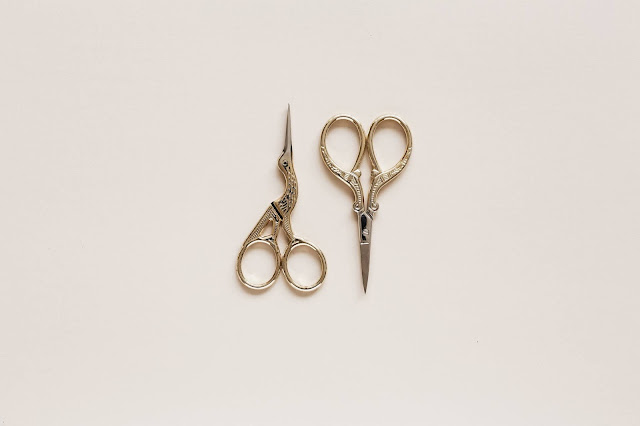One day I really am going to write the post explaining what I mean by saying I'm "feelings repressed," but this is not that day. Today is the day we talk about how Gabe is working to help us be aware of, connect with, and process our emotions in a healthy way. He is a gem of a human and God outdid himself fulfilling some of his promises to me through Gabe.
At dinner one night last week, we had a conversation that went something like this:
Gabe: "You know how I sometimes have trouble knowing how I feel about specific events or ideas?"
Me: "Yes."
Gabe: "I discovered today that if I approach it from the other direction, it's way easier. If I take a minute and assess all the emotions I'm feeling, I can usually trace them to the event or idea that's triggering them. I thought that might also be helpful for you as you try to get in touch with your emotions."
I cocked my head to one side. "Okay. Can you give me an example of what that looks like?"
He proceeded to say an emotion he was feeling, take a beat, and find what was causing it. He did this with 5–7 different emotions.
"You're feeling that all right now?" I said, staring. "Like ACTIVELY?"
"Well," he said. "Some of them are in the back of my mind, but yeah, actively. Do you want to try it?"
"Sure."
He gave different emotions and asked if I were feeling them, giving me a minute to test myself and see if they were present. Some of my responses went something like this:
"Well, I know X makes me stressed, so if I think about—"
"No," he interrupted kindly. "Don't seek out things that trigger an emotion. This is just about emotions that are going on right now, without you forcing things to mind."
More staring from me. "So, what, you're feeling all those things just...without trying?"
This made him laugh.
Shortly, the list of emotions petered out. "I'm having trouble thinking of names of emotions," he said. "That's my problem. I don't know the names."
"Oh, I can do THAT," I said, in a mixture of incredulousness and relief. I listed off approximately six trillion emotion words for him and he continued the exercise, seeing if any of them were present in himself, then asking me the question.
We've checked in like this a few times since: "What all are you feeling right now? Are you feeling X? Y? Z?" I'm surprised to find I like it. It makes me aware of the emotions that are happening in the background, not being enjoyed. Like, I can be really happy and not notice. I might also be apprehensive and not realize it, but naming it gives us a chance to work on it and mitigate any unpleasant side effects.
It's an extremely interesting exercise, on many levels. We've learned a lot about each other very quickly.
First, we've learned that Gabe is a breathtaking acrylic pour of emotion virtually all of the time, whereas I am usually a Piet Mondrian or, like, maybe actual fire: mostly one color but very, very intense.
Second, we've learned that Gabe feels a very wide range of emotion somewhat mildly, whereas I am usually feeling one to two emotions ONE HUNDRED PERCENT, THE MOST I EVER HAVE, IN FACT.
Third, we've—well, I've—learned that I might be feeling more than I realize. The emotions are there, and having a process for finding them is surprisingly liberating and kind of fun.
Fourth, it's a very low-risk, safe environment for me to practice Feeling. I don't feel exposed in a way that I hate. It makes us feel closer in a way that is vulnerable without being stressful. It opens the door for conversations that make our lives easier, our souls healthier, our marriage stronger.
Moral of the story: Growing with Gabe is one of my favorite things in the world.
~Stephanie











